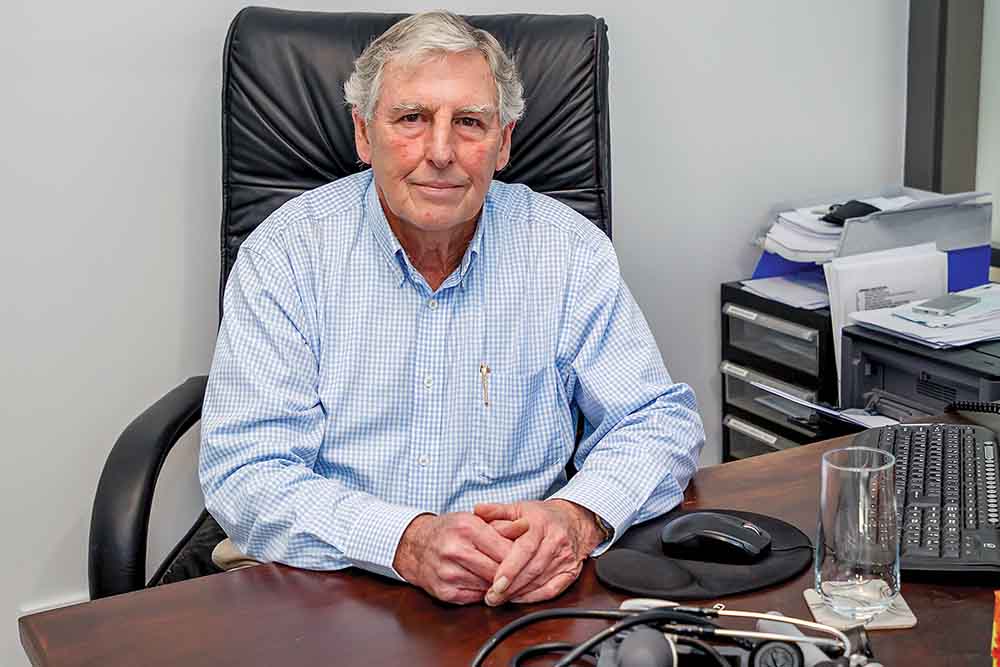
A “TSUNAMI” of unfulfilled needs is about to swamp the Mornington Peninsula unless governments immediately act to provide more and better care for the disabled “children” of aged parents.
That’s the warning from long-time GP Graham Cato who daily sees the heartbreak imposed on loving – but now-elderly – parents forced to house and provide for their disabled children all their lives but who now are becoming physically and emotionally beyond it.
Dr Cato said cynical governments had not bothered providing viable alternative accommodation because these loving and compliant parents were providing it “for free” to support their offspring.
The issue was highlighted at a meeting run by Community Lifestyle Accommodation in Mornington earlier this month where delegates pleaded for help for carers burdened by their adult children but worried about what will happen “when they go” (“Carers in crisis over dependent children” The News 9/4/19).
CLA estimates that, by 2025, there will be a shortfall of accommodation places for 35,000-55,000 NDIS clients “who will have little hope of ever developing any sort of community inclusion and independent living”.
Dr Cato, who has run his clinic on Frankston-Flinders Road, Balnarring, since 1979, has also been involved in assisting at non-profit Kindilan at Red Hill which provides residential care of those with severe intellectual and physical disability who have nowhere else to go.
“Little did I know at the time that I would still be doing my Wednesday clinics and be on call for their medical issues 39 years later,” he said.
He became an inaugural member of Australian Association of Developmental Disability Medicine (AADDM) and attended its annual conferences to “learn more about this group … about whom I never learned during my studies”.
Dr Cato said that while most of these clients initially were teenagers they are now adults in 50s-plus. “I have had increasing contact with parents continuing to care for their ageing children at home and have tried to advise and help as much as possible,” he said. “However, I cannot build houses.”
He added: “Without a word of criticism or complaint your readers could not possibly understand or comprehend how terrifying it is for these parents to imagine what will happen to their doubly devoted children when they are deceased or in other ways unable to care for them.
“I guess [they] could painfully imagine one of their own children becoming disabled, either by illness or accident, and [ponder] what would happen to their care in the future?”
Dr Cato has called on governments to act before the “tsunami of care needs” overwhelms the community in the near future. “I think that the best and perhaps only solution is to provide accommodation which is appropriate to their needs associated with well-paid, well-trained carers,” he said.
Suitable accommodation would need specific equipment, such as lifting machines and 24/7 care to help clients dress, provide transport, and “cater to every aspect of their future care”.
While this would enable the “lovely, but unfortunate, people to continue to lead the life their devoted parents have prepared for them” it is “just not happening”.
Dr Cato said over the past decade the care needs of 40 to 50-year-old disabled clients and their 70 to 80-year-old parents had created their own “tsunami” which could only worsen in the next decade.
“This has got to be something everyone realises is a problem and that we have to work together to solve it,” he said.
First published in the Southern Peninsula News – 30 April 2019